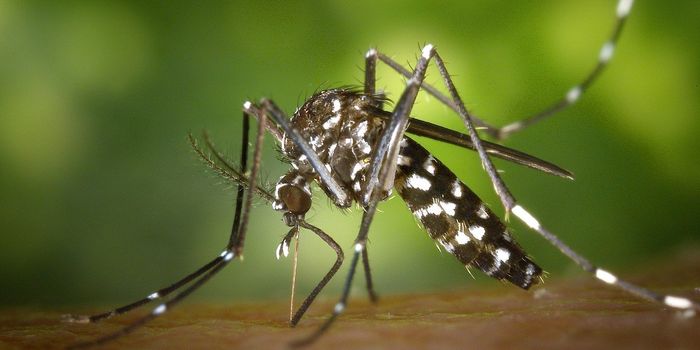Crows Can Be Silent If They Choose to Be
Researchers have long thought that songbirds unleash their colorful vocalizations involuntarily in response to activities happening around them, such as food availability, mating opportunities, and predatory threats. But according to new research, songbird vocalizations may not be an involuntary reflex after all.
Image Credit: Pixabay
A particularly captivating study that was published just this past week in the journal PLOS Biology has concluded that songbirds do indeed have full volitional control over their vocalizations. With that in mind, the findings challenge the original theory and put a different spin on how we think about songbird singing behavior.
While most wild songbirds would simply vocalize as they’re hardwired to do from birth, the researchers involved in this study purportedly spent a significant amount of time training a small group of carrion crows (Corvus corone) to vocalize at will – or more specifically, when certain events transpired.
Related: Climate change is killing desert songbirds
Like with most training exercises, the crows were subjected to a right/wrong scenario and rewarded (likely with food) if they chose correctly. In this case, most of the crows were trained to vocalize when presented with colored squares and to remain quiet when presented with another situation; a few others were trained to do the opposite as a control.
Astonishingly, the clever crows quickly identified what they needed to do to receive a reward, and this is where their apparent neuroplasticity kicked in. The training exercises didn’t take long before the birds demonstrated a high level of accuracy in short periods of time, and with that in mind, the researchers effectively showed that songbird vocalizations could, in fact, be voluntary.
"Our study shows that crows can be taught to control their vocalizations, just like primates can, and that their vocalizations are not just a reflexive response," the researchers concluded. "This finding not only demonstrates once again the cognitive sophistication of the birds of the crow family. It also advances our understanding of the evolution of vocal control."
Related: Did the Liberian Greenbul ever actually exist?
The study is just one of many to confirm that crows are much smarter than we give them credit for, but more importantly, it offers strong evidence against the widely-accepted idea that songbirds squawk involuntarily.
Source: Phys.org, PLOS Biology









